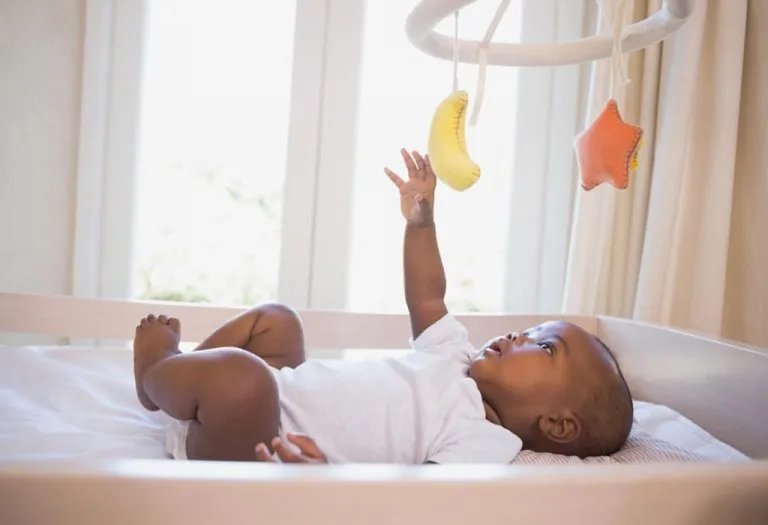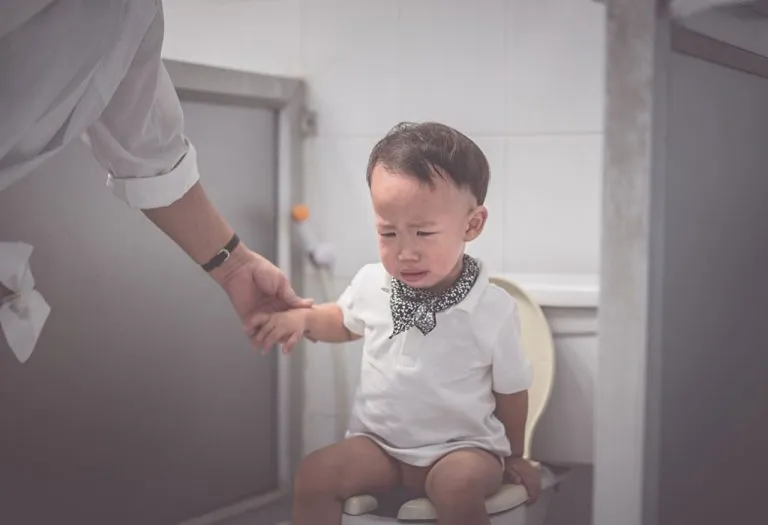Intensive Parenting: Pros, Cons, and Ways to Deal With It
Parenting today looks very different from what many of us grew up with. There’s a constant pressure to do more, give more, and be present in every aspect of a child’s life. This has given rise to what many experts call intensive parenting. It’s a style where parents feel responsible for orchestrating every detail of their child’s future, from academics to emotional well-being to extracurricular success. At first glance, it may seem like the perfect way to raise confident, high-achieving children, but the truth is more complicated. While it can create strong parent-child connections, it can also leave both sides feeling drained and overwhelmed. Understanding this approach, with its benefits and drawbacks, helps parents make thoughtful decisions about how deeply they want to engage in their children’s lives and how to maintain balance along the way.
What Is Intensive Parenting?
At its core, parenting styles reflect the amount of time, energy, and focus we invest in our children’s growth and development. Some approaches are light and flexible, while others require a deeper level of involvement. The intensive parenting definition centres on the idea that parents should be highly committed and personally responsible for every part of their child’s development.
This means being closely involved in schoolwork, addressing emotional needs, and engaging in free-time activities. Parents who follow this style believe that a child thrives best when guided and protected at every step. While it comes from love and care, it is also a method that can feel demanding for both the parent and the child. It’s not just about raising children; it’s about shaping every detail of their path.
Signs of Intensive Parents
Sometimes, parents may not realise just how involved or controlling their parenting style has become. But there are clear signs that suggest a tendency toward intensive parenting. Knowing these can help parents reflect on their approach and consider if changes might ease pressure for both themselves and their children.
- Feeling the need to control or oversee every part of your child’s day, from schoolwork to free time.
- Constantly worrying about whether you are doing enough or doing it right for your child’s success.
- Taking on responsibilities that your child could handle, like solving their problems or organising their schedule.
- Scheduling back-to-back activities to keep your child busy rather than allowing downtime or free play.
- Sacrificing your own rest, hobbies, or social time regularly to focus mainly on your child’s needs.
What Causes Intensive Parenting?
Many parents do not intentionally choose intensive parenting. Instead, several factors come together to encourage them to adopt this deeply involved style. Understanding these causes can help parents see why they may feel driven to be so hands-on and where they might find room to step back.
1. Pressure to Secure the Best for Children
Parents feel a growing need to protect their children from future challenges. In a world that seems competitive and uncertain, there is a strong urge to prepare kids thoroughly so they don’t fall behind. This pressure can make parents want to control every detail.
2. Social Comparison and Influence of Social Media
Seeing other parents’ achievements and highlights on social media often makes parents measure their own efforts against those of others. This comparison fuels the desire to do more and be more involved, sometimes beyond what is healthy or necessary.
3. Anxiety and Personal Fears
Some parents experience anxiety or stress, and intensive parenting becomes a way to manage those feelings. By controlling their child’s environment and activities, they feel they reduce risks and create a safer space, even if it adds pressure overall.
4. Cultural and Societal Expectations
In many cultures, academic success and achievement are highly valued, so parents face expectations from their family, community, or society to be deeply involved. These norms can make stepping back feel like neglecting their duty.
5. Lack of Support Systems
When parents have limited help from extended family, childcare, or public resources, they often fill every gap themselves. With less support, intensive involvement becomes a way to ensure nothing is missed, even at the cost of their own well-being.
Pros of Intensive Parenting
When done with care and balance, intensive parenting works in many positive ways. It can create a strong foundation for children while deepening the connection between parent and child. Here are some of the main benefits parents might experience:
- Closer parent-child bond: Spending a lot of quality time together helps build trust and understanding between you and your child.
- Better awareness of your child’s needs: Being involved lets you notice their strengths and challenges early, so you can support them more effectively.
- Improved development: When balanced well, this hands-on approach can boost confidence, academic skills, and problem-solving abilities.
- Clear values and discipline: Consistent guidance helps children develop a strong sense of right and wrong and healthy habits.
- Sense of safety and support: Kids often feel more secure knowing their parents are there to guide and protect them through life’s ups and downs.
Cons of Intensive Parenting
While intensive parenting comes from a place of love and care, it can also bring challenges that affect both parents and children in serious ways. Being overly involved or too controlling can create stress and limit growth in unexpected ways. Here are some of the common downsides to watch out for:
- Parental burnout: Constantly juggling your child’s needs with other life demands can lead to exhaustion, stress, and feeling overwhelmed without enough time for self-care.
- Pressure on children: Kids might feel heavy expectations to always perform or meet their parents’ high standards, leading to anxiety, self-doubt, or loss of confidence.
- Hindered independence: When parents solve problems for their children or closely manage every decision, kids miss chances to build their own problem-solving skills and resilience.
- Limited creativity and free play: Back-to-back scheduled activities can leave little room for children to explore freely, which is important for imagination and personal growth.
- Strained family relationships: The high demands of intensive parenting can cause tension and reduce opportunities for relaxed, genuine connections within the family.
Ways to Deal With Intensive Parenting
If an intensive parenting style starts to feel overwhelming for you or your family, there are mindful steps you can take to create a healthier balance. Making small shifts in how you engage with your child can alleviate stress and help both of you grow stronger together. Here are some practical ways to approach it:
- Allow space for independence: Give children opportunities to make choices and solve minor problems independently. This builds their confidence and reduces pressure on you.
- Set realistic expectations: Focus on effort and progress rather than perfect results. Celebrate small wins and recognise that mistakes are a natural part of the learning process.
- Make downtime a priority: Block out unstructured time free of schedules and plans. This quiet time can unlock creativity and help everyone recharge.
- Practice self-care regularly: Take care of your own emotional and physical needs. When you feel rested and calm, it’s easier to parent with patience and warmth.
- Open communication: Discuss your child’s feelings honestly about school, activities, and family life. Listening helps you tune into what they really need.
Alternatives to Intensive Parenting
Intensive parenting is just one approach among many. For parents who find it too demanding or limiting, there are other styles that focus on different ways to support and nurture children. These alternatives often emphasise balance, open communication, and fostering independence while still providing care and guidance. Exploring these options can help families find what feels right for their unique needs and values.
One well-known alternative is authoritative parenting, which combines clear expectations with warmth and encouragement. It supports children in making their own choices within set boundaries. Another option is attachment parenting, which focuses on building a strong emotional bond through responsiveness and physical closeness. Positive or gentle parenting is also gaining popularity, encouraging empathy and respect instead of punishment or strict control. For families seeking less direct guidance, permissive parenting allows children more freedom, trusting them to learn from their own experiences. Lastly, some parents embrace a consultative approach, guiding children to understand responsibility through discussion and choices rather than commands.
Each of these styles offers a way to nurture children that reduces the pressure of constant oversight, while still promoting growth, confidence, and connection within the family.
FAQs
1. Is intensive parenting the same as being a loving parent?
Not always. While intensive parenting often comes from deep love and care, it can sometimes cross into doing too much or being overly controlling. Loving parenting means supporting kids with warmth and trust, which doesn’t always require constant oversight or pressure.
2. Can intensive parenting affect a child’s independence?
Yes, when parents are too involved in every little detail, children can miss important chances to solve problems and make decisions on their own. This can slow their ability to become confident and independent adults.
3. How can parents avoid feeling burnt out with intensive parenting?
It helps to set boundaries around your own time and energy. Taking care of yourself, allowing for breaks, and accepting that perfection isn’t necessary can prevent stress and make parenting feel more manageable and joyful.
Intensive parenting is a style born from love, care, and a desire to give children every chance to succeed. It can build strong bonds and lead to remarkable growth when balanced well. Yet, it can also bring stress, pressure, and limit independence if taken too far. The key lies in finding a middle ground that supports children while respecting their need to learn and explore on their own. Parents who practice self-care and encourage open communication often discover a healthier, more joyful way to guide their kids. Alternatives to intensive parenting show that warmth, trust, and patience can be just as powerful as control and constant supervision. Ultimately, the goal is a family life full of connection and growth, not exhaustion or fear.
Also Read:
Slow Parenting
Gentle Parenting
Wrong Parenting
Peaceful Parenting
Overprotective Parents
Was This Article Helpful?
Parenting is a huge responsibility, for you as a caregiver, but also for us as a parenting content platform. We understand that and take our responsibility of creating credible content seriously. FirstCry Parenting articles are written and published only after extensive research using factually sound references to deliver quality content that is accurate, validated by experts, and completely reliable. To understand how we go about creating content that is credible, read our editorial policy here.

























